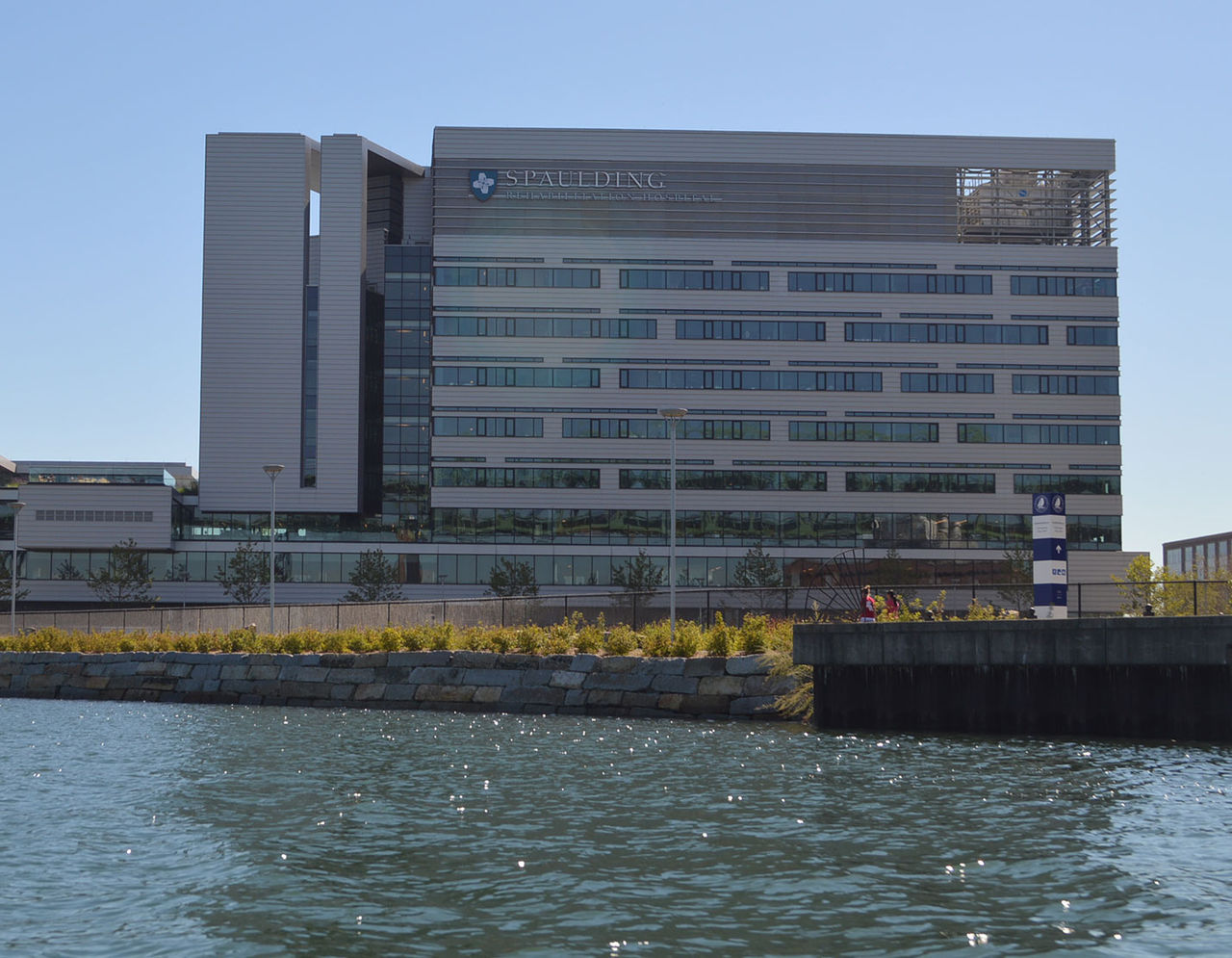Photo: The project supports Mass General Brigham’s Strategic Energy Master Plan, aiming to reduce energy consumption and carbon emissions without sacrificing operational performance. | Photo Credit: Courtesy of RENEW
By Lindsey Coulter
At a Glance:
- Energy Efficiency: The upgrade is expected to increase energy efficiency by 10%, improving overall performance and reducing operational costs at Spaulding Rehabilitation Hospital.
- No Upfront Investment: The energy system includes no upfront capital investment required from Mass General Brigham, preserving hospital resources.
- Operational Oversight: RENEW will oversee the system’s performance to ensure reliability, allowing MGB to focus on healthcare priorities.
- Sustainability Goals: The project supports MGB’s Strategic Energy Master Plan, aiming to reduce energy consumption and carbon emissions without sacrificing operational performance.
- Ongoing Partnership: The collaboration between RENEW and MGB, initiated in 2021, is set to scale energy upgrades across the entire MGB network.
BOSTON — RENEW Energy Partners (RENEW) has completed a major energy upgrade at Spaulding Rehabilitation Hospital in Boston, part of the Mass General Brigham (MGB) healthcare system. The project is expected to increase energy efficiency by 10%, while also reducing operating costs and enhancing system reliability. The new distributed energy generation system will help the nonprofit hospital unlock capital for new patient care initiatives.
RENEW installed the high-efficiency distributed energy generation system, which was designed to meet Spaulding Rehabilitation Hospital’s thermal and electric load requirements. The solution was tailored to optimize system performance, improve energy output, and enhance resilience, all aligned with Mass General Brigham’s long-term sustainability goals, as part of a strategy to deliver upgrades with no upfront investment required from MGB. The system maximizes usable thermal output and optimizes energy performance to meet the building’s load requirements.
The project aligns with MGB’s Strategic Energy Master Plan (SEMP), which aims to reduce energy consumption and decrease carbon emissions. The upgrade will help the hospital use less energy and produce fewer emissions without impacting its financial or operational performance.
Charlie Lord, managing principal at RENEW Energy Partners, emphasized the project’s long-term sustainability benefits.
“Our work with Mass General Brigham demonstrates how customized energy solutions can unlock capital, enhance system reliability, and directly support a client’s sustainability vision,” he said. “It’s been a privilege to collaborate with an organization so deeply committed to both patient care and environmental responsibility.”
The partnership between RENEW and MGB began in 2021 and continues to focus on scaling energy upgrades across the MGB network. MGB initiated the project’s early design phase, and RENEW acquired the system at the point of commercial operation. MGB completed initial engineering and collaborated with RENEW on final design and commissioning. This project was located entirely outside of patient care areas, so it did not affect clinical operations.
“This model is highly replicable,” Lord said. “We frequently hear from healthcare leaders that infrastructure upgrades compete with clinical investments for limited capital. By using flexible third-party capital, healthcare systems can modernize their energy infrastructure without diverting funds from patient care.”
RENEW will also provide ongoing operational oversight to ensure continuous performance, allowing MGB to allocate resources to its core healthcare priorities.


